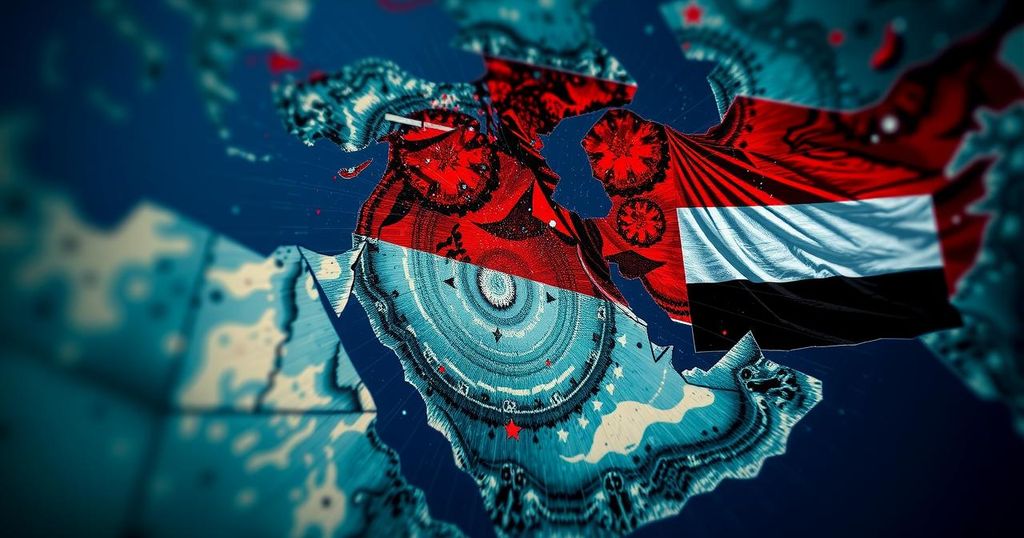The Death of Nasrallah: Implications for Israel and Iran’s Regional Dynamics
Hezbollah leader Hassan Nasrallah has been killed by Israeli airstrikes, raising questions about future Israeli military strategies, particularly regarding Iran. As Israel escalates its operations against various factions, Prime Minister Netanyahu remains firm on rejecting ceasefires, indicating heightened conflicts across multiple fronts.
In a stunning escalation of regional tensions, Israeli forces have conducted a targeted airstrike that resulted in the death of Hezbollah leader Hassan Nasrallah. Utilizing advanced bunker-busting munitions, this operation represents a significant strategic blow to Hezbollah, an Iranian-backed militant organization that has long posed a threat to Israeli security. This incident prompts critical questions regarding Israel’s subsequent military strategies, particularly in relation to wider Iranian activities in the region. The death of Nasrallah signals a potential shift in Hezbollah’s operational capacity and raises persistent questions about the Israeli military’s next moves amidst escalating hostilities with various factions, including those based in Gaza and the West Bank, as well as Iranian proxies. Prime Minister Netanyahu has maintained a stringent stance, rejecting any ceasefire and issuing direct threats to Tehran. Expert analysis from Rohan Gunaratna further illuminates the implications of this disruption within Hezbollah and the broader geopolitical dynamics involving Iran. The ongoing conflict in Israel has now expanded, with confrontations spanning multiple fronts that necessitate a reevaluation of strategic priorities. This situation is further complicated by deteriorating relations between the U.S. and its allies, as illustrated in our accompanying discussions on the declining status of the United States as a predominant global power, and the resultant instability in West Asia. In summary, the untimely demise of Hassan Nasrallah may herald a pivotal change in the regional power structure, especially regarding Israel’s operations against Hezbollah and its overarching strategies towards Iran. The ramifications of these developments warrant close attention as the specific responses from Iranian leadership and allied militant groups unfold.
The aftermath of the killing of Hassan Nasrallah by Israeli forces highlights a crucial turning point in the longstanding conflict involving Hezbollah, an influential militant group with strong affiliations to Iran. This incident could foreshadow a shift in strategic military engagements not only for Israel but also for Iran, which has historically aimed to bolster its influence in Lebanon and the wider region. The analysis of geopolitical trends is essential in understanding the balance of power and security dynamics in West Asia.
In conclusion, the killing of Hassan Nasrallah has significant implications for the stability of the region and the strategies employed by Israel against Hezbollah. With increasing tensions between Israel and Iran, alongside ongoing conflicts in Gaza and the West Bank, the situation continues to evolve. An understanding of these developments is critical for comprehending future military strategies and the potential for escalation or de-escalation in hostilities.
Original Source: www.indiatoday.in




Post Comment